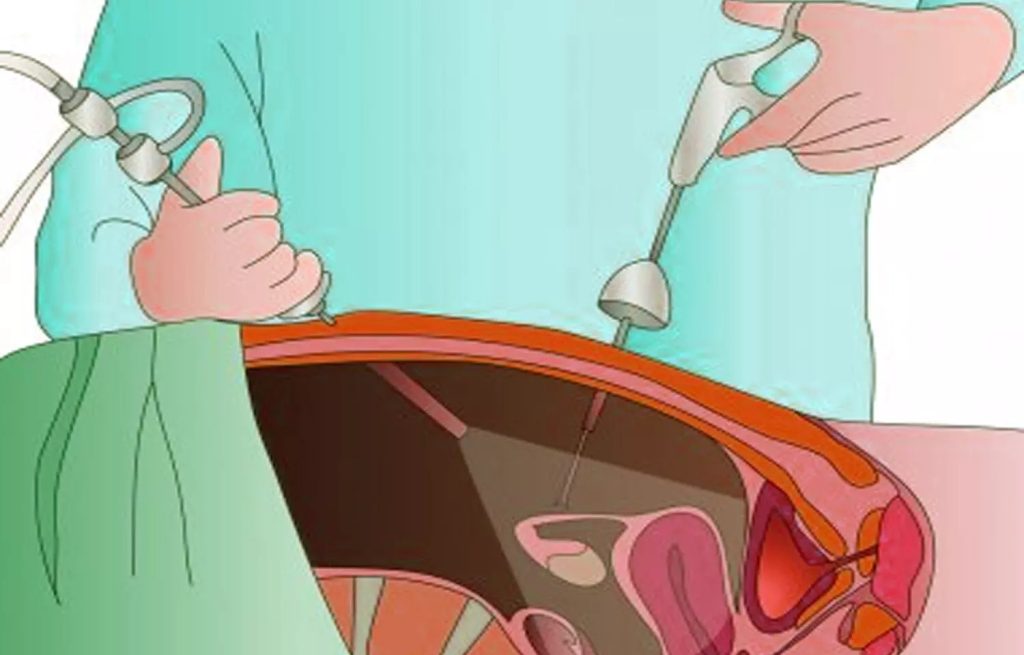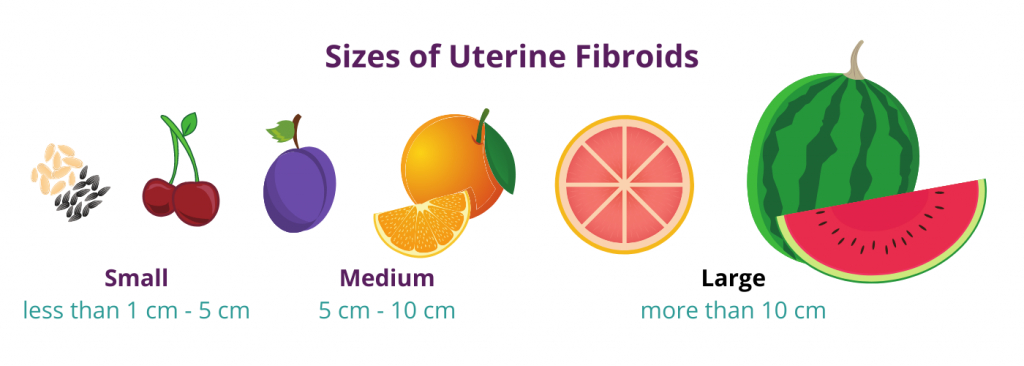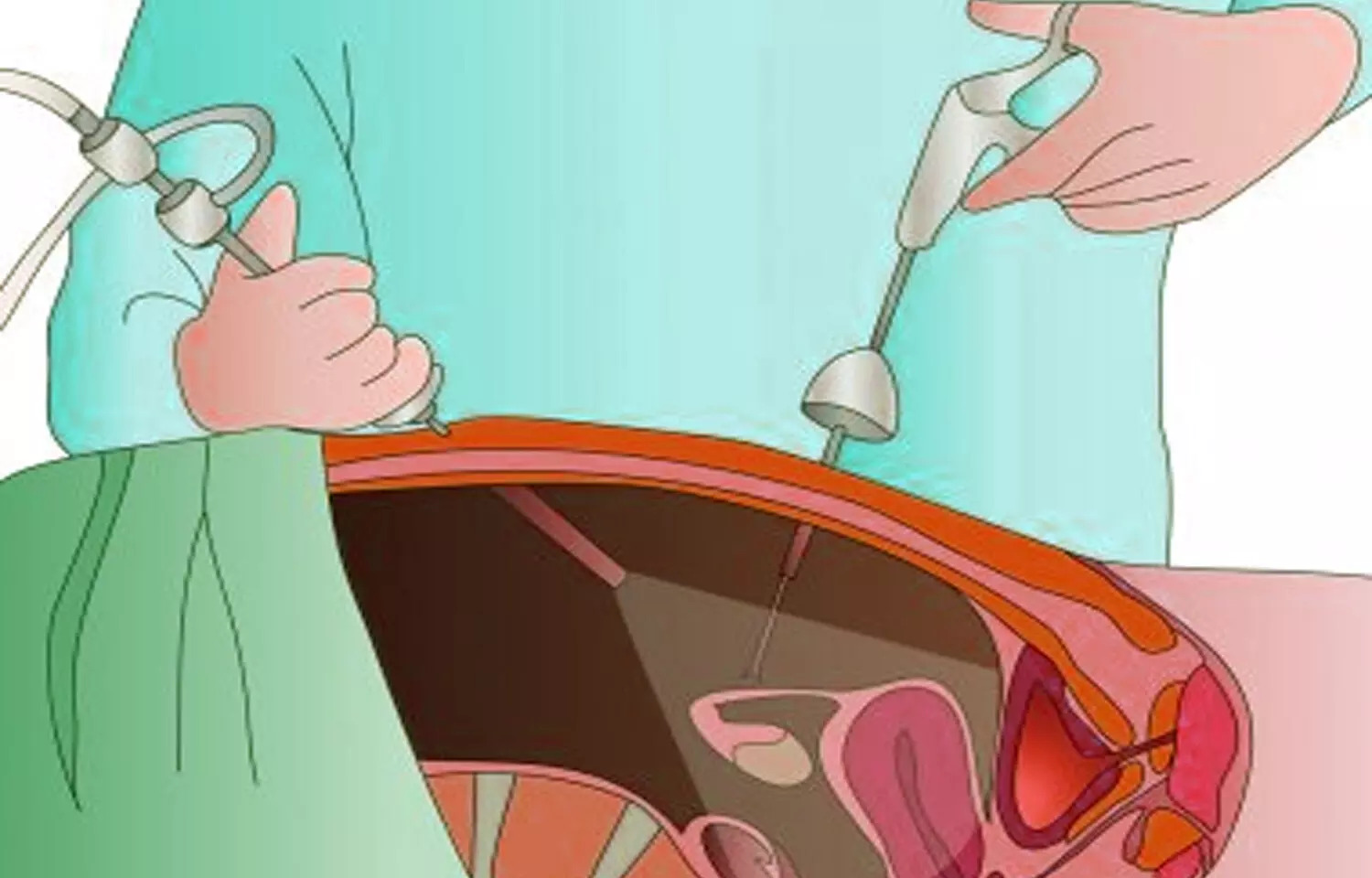Many women experience the uncomfortable and sometimes painful symptoms of uterine fibroids, such as heavy menstrual bleeding, pelvic pain, and pressure on the bladder or bowel. Luckily, there are several treatment options available, including medication and minimally invasive procedures. However, in some cases, a hysterectomy may be the best option for fibroid treatment in Dubai. This surgical procedure involves removing the uterus and sometimes other reproductive organs, providing long-term relief from fibroid symptoms. There are many qualified healthcare providers in Dubai who can perform hysterectomies using a variety of techniques, including laparoscopic and robotic-assisted surgery. It’s important to discuss your options with your healthcare provider to determine the best course of action for your individual needs.
What causes fibroids in the uterus?
The exact reasons why uterine fibroids develop are still unclear, but it is known that high levels of estrogen can contribute to their growth. Pregnancy can often cause fibroids to enlarge, while after menopause, when estrogen levels drop, fibroids can shrink, leading to fewer symptoms for women. Interestingly, the risk of developing fibroids also appears to decrease with each childbirth. There are various fibroid treatment options available in Dubai, including medication, myomectomy, and minimally invasive procedures such as uterine artery embolization. The choice of treatment will depend on the individual case and the preferences of the patient and doctor.
Can a uterine fibroid tumor be cancerous?
Fibroids are benign (abnormal) growths that begin in the uterine wall. Muscle and connected fibrous tissue help compensate for their structure. Can fibroids increase cancer risk? This is a commonly asked question.
The likelihood of your fibroid harboring cancer (leiomyosarcoma) is relatively low. According to some experts, the chances of uterine fibroids contracting the disease are less than one in 1000.
What are fibroid symptoms?
Nonetheless, uterine fibroids can grow quite rapidly. That is when they get to be worrisome and may cause the following symptoms:
- Bowel and bladder concerns
- Heavy bleeding and anemia
- Menstrual cramps
- Periods
- Enlarged abdomen
While there are numerous effective treatments, a hysterectomy for fibroids is still the best surgical treatment. In this particular instance, they consider removing a woman’s entire uterus.
What is the appropriate timing to undergo a hysterectomy for fibroids?
Having a hysterectomy for fibroids is often the last attempt to get rid of these benign tumors. Usually, fibroids are left untouched until there are actually causing symptoms.

Fibroid treatment typically follows a similar protocol to other countries. When it comes to deciding when to have a hysterectomy for fibroids doctors prefer to keep a watchful eye on the tumors before starting any treatment as it is not unusual for them to cease to grow or even shrink when women reach menopause.
When To Have A Hysterectomy For Fibroids?
As already mentioned, they most often wait to do a hysterectomy for fibroids unless there are indications that the situation could become adverse. For example, once they grow big, they may put pressure on the bladder and ureters. This may result in urinary infections, obstructions, and even kidney damage. Large fibroids can put pressure on the bowel which may cause constipation. Furthermore, prolonged heavy bleeding can cause severe anemia and may make it necessary for women to have a hysterectomy for fibroids.
Additionally, fibroids can, in some instances, cause severe pain during periods or intercourse. This is why some women choose to have a hysterectomy in the hope of relieving the pain.
What Fibroid Sizes Must Be Eliminated?
When dealing with large fibroids that cause burdensome symptoms due to their size, it’s important to seek the expertise of the best gynecologist for fibroids. As the normal size of a woman’s uterus measures only 3 to 4 inches by 2.5 inches, fibroids that grow to the size of a watermelon can put significant pressure on other pelvic organs, causing discomfort and pain. Removing the fibroid is often necessary to alleviate these symptoms, and a skilled gynecologist with experience in fibroid removal can provide the best possible outcome for the patient.
If you’re dealing with symptoms caused by large fibroids, it’s crucial to seek out the best Gynaecologist for Fibroids in Dubai to ensure you receive the highest quality care.
Myomectomy Or Fibroids Removal Surgery
However, women who still like to have children may choose to have a myomectomy. This is when they only remove the fibroids and leave the uterus. A myomectomy needs to be done before a woman gets pregnant. After a myomectomy, there is no guarantee that the fibroids won’t grow back. Tiny fibroids that may be left behind during the myomectomy may grow in size, plus new fibroids can start to grow.
An Overview of uterine fibroids

Pros and Cons of Fibroid Hysterectomy
Hysterectomy for uterine fibroid removal, like any other surgical procedure, has advantages and disadvantages. Before undergoing this surgical procedure, you also must closely consider your options. Do your homework and weigh the pros and cons. There are clearly a few side effects of a hysterectomy, but they are not immediately life-threatening.
Fibroid Treatment Without Surgery?
Fibroids are non-cancerous growths that develop in or around the uterus, and fibroid treatment without surgery is a possible option for those seeking alternatives to surgical intervention. While surgery is a common treatment option for fibroids, there are some non-surgical approaches, such as medication, uterine artery embolization, myolysis, magnetic resonance-guided focused ultrasound surgery, and acupuncture, that may be effective in managing fibroid symptoms.
It’s important to note that the effectiveness of non-surgical treatments may vary depending on the size and location of the fibroids, as well as other individual factors.
Are there any natural cures for fibroids?
Many women would really like to know how to naturally shrink fibroids. It is better to be wary of fictional claims about drugs advertised on the internet that cure fibroids. Many Chinese herbs are said to reduce fibroids. Such claims lack scientific support. Even though the herb is FDA-approved, that does not guarantee its safety. The FDA is not permitted to approve herbal supplements; in general, the effectiveness and safety of herbal products are the responsibility of those who manufacture and distribute them.

- Consume plenty of detoxifying foods, such as green leafy vegetables.
- Herbal teas should be consumed.
- Use only supplements that have been scientifically proven.
- Utilize essential oils.
- Hitting the gym to lose weight
The Fibroid Diet!
In order to reduce fibroids, natural cures can additionally involve a proper diet. A woman who is overweight is far more likely to develop fibroids. Keeping this in mind, women should strive to shed pounds and eat a healthy diet. Consuming meat such as ham and lamb may raise your chance of fibroids. In a nutshell, here are some foods to avoid if you have fibroids:
- Foods to avoid with fibroids
- Limit the intake of high-fat, processed meats.
- Avoid eating a lot of refined sugars and carbs.
- Minimize your alcohol intake.
- Consume little if any soy products.
- Ultimately, keep away from sweeteners.
However, if the fibroids are large and have painful side effects, these foods may be ineffective. Hysterectomy may still be the most effective way to eliminate fibroids and manage the underlying abnormal bleeding.
Is hysterectomy the ultimate solution for fibroids? And when does a doctor recommend their removal?
For Fibroid Treatment in Dubai, consider your individual needs and preferences when selecting a gynecologist. In Al Nahda, Dubai Dr. Neha Lalla specializes in fibroid diagnosis and treatment and offers personalized advice on effective treatment options. Seek guidance from a qualified healthcare provider to find relief and improve overall health.
Unlock a wealth of knowledge on women’s health issues with our other informative posts.
Pregnancy – Common Problems That You May Face
Vulva Problems – Common Causes Behind Them


